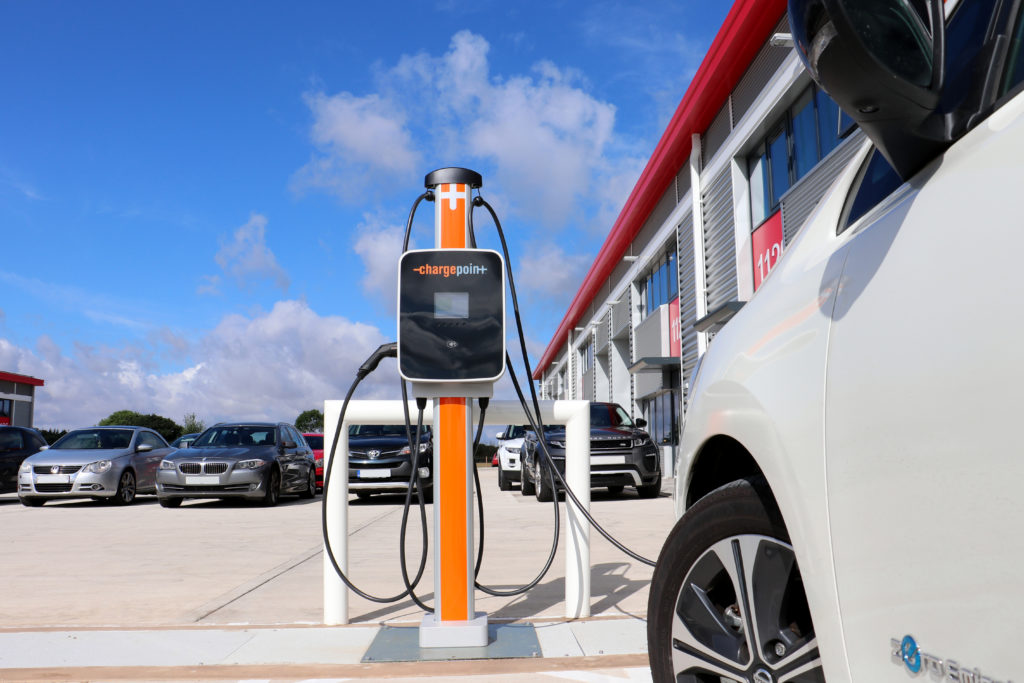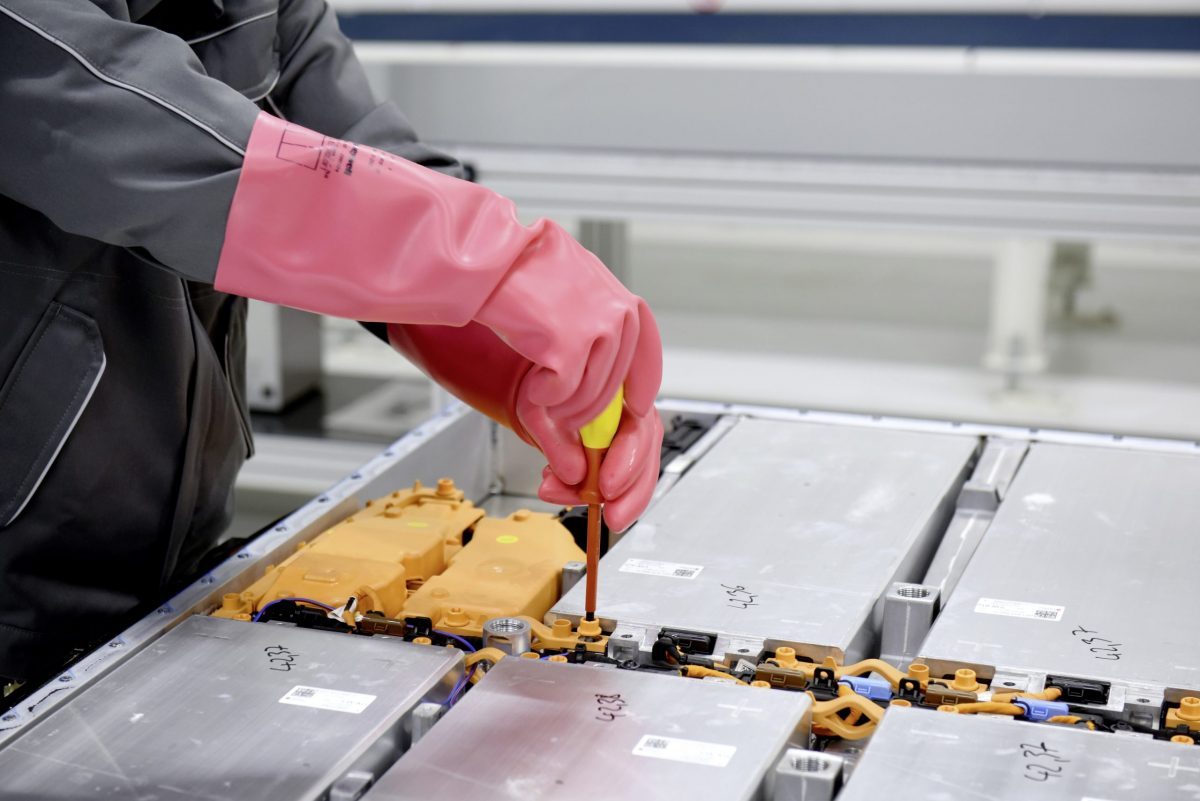Reflecting on 2020 it is hard to look beyond COVID-19 and the impact it has had on society. From factory down time and employee furloughs to showroom lockdowns and a 30% decline globally in new car sales across the year, the sector has been through the mill. However, COVID-19 is not the only thing dominating the minds of business leaders across the automotive industry.
In spite of the wide-scale disruption of the pandemic, it cannot be ignored that climate change is likely to be the defining challenge of our lifetime. Like so many industries, its impact on the automotive sector will also be significant and long lasting. In the years to come, 2020 may be seen as a defining year for electric vehicles.
EV sales on the up
Battery electric (BEV) and plug-in hybrid vehicle (PHEV) sales saw a sharp upward trajectory in 2020. Even during the height of the first lockdown, EV sales continued to grow as certain brands were ahead of the market in offering and fulfilling online sales and no-contact deliveries.

By November of this year, BEVs and PHEVs grew their combined share of the UK’s new vehicle market to 10% compared to just under 3% the year before. Whilst some of this growth has been distorted by a lockdown-driven decline in sales across gasoline and diesel, the triple digit volume growth in EVs across the year is a truer measure of the sector’s success. As a result, Deloitte expects to see EVs beginning to outsell diesel models throughout 2021.
The UK is committed to EVs
The UK government’s announcement that it will end the sale of new gasoline and diesel cars in the UK by 2030 could see EV sales grow at an even faster rate next year. The show of commitment to EVs should help convince consumers that it is worth investing in the technology ahead of the 2030 deadline. As an increasingly viable option for consumers, any additional boost to the EV sector could see them challenge gasoline alternatives as well as diesel.
As the seventh largest automotive market globally last year, the UK’s 2030 ambition is certainly a statement of intent. However, only ongoing investment in infrastructure and addressing consumer concerns will ensure adoption keeps pace with the target set. As well as investing in infrastructure, the countries that have led the way on EV adoption have all offered financial incentives, including favourable tax legislation. Until we see greater price parity and more affordable models in the market, similar incentives in the UK will have to continue.
Fleet sales key to hitting targets
The 2030 deadline has big implications for fleet operators, potentially upping the pace of change in this market. Despite the ban being a decade away, many companies will already be thinking carefully about the implications to their fleet. There are already major financial and environmental benefits associated with transitioning to electric, but any wholesale change requires careful planning around infrastructure and operating models.
With the timeline now set, the race is on for the UK’s charging infrastructure to keep up, with capacity likely to be tested at peak times. Continued coordination with charging infrastructure planning is essential for the sustained growth of EV adoption. Consumers will need to see a joined-up approach that considers how many chargers are needed, what kind of chargers are needed and what the underlying power networks look like.

EVs not immune from Brexit
Around 25-30% of an EV’s cost is in the batteries and motor, and current EU rules stipulate that EV components must be sourced within the single market or face high tariffs. For the UK industry to flourish, it must consider battery and motor manufacture as a priority. Doing so could encourage existing manufacturers to continue building in the UK, potentially attracting others.
The road to 2030 is lined with charge points
Despite the impact of COVID-19 on car sales, the path for growth in the EV sector looks clear with manufacturers investing billions, governments around the world supporting the switch and consumer attitudes changing.
Deloitte recently forecasted that, globally, a third of new car sales would be electric by 2030. If the UK hopes to be so far ahead of the market as to achieve 100% share in the next decade, we need to create the right environment for EVs to become an accessible part of everyday life. A joined-up approach and continued investment in infrastructure are potentially the most important steps on this journey. Without the infrastructure in place to support demand, it simply will not happen.
If 2020 was a defining year for EVs, then 2021 needs to be a defining year for the charger.
Michael Woodward is UK Automotive Lead at Deloitte




